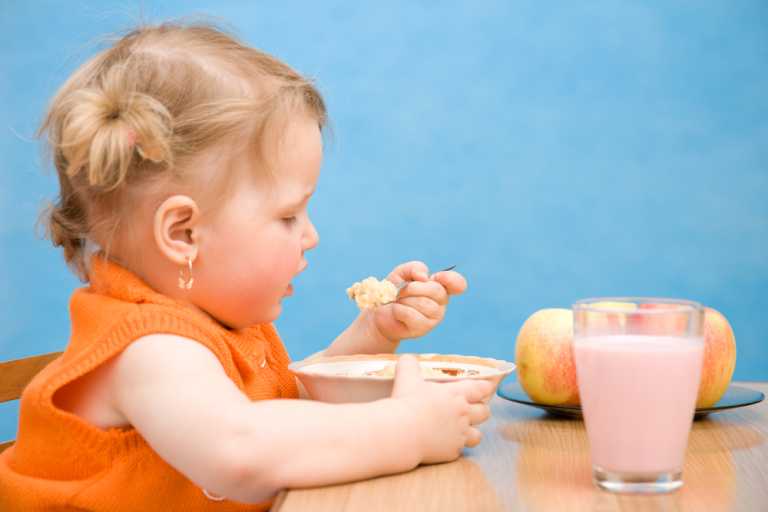Weight gain, pees, and poops are three of the best indicators of your baby’s health. So, when one goes missing, it can be a huge worry, even if it does mean fewer dirty diapers.
If your newborn is not pooping but still passing gas, there’s a chance it could be due to constipation or an underlying issue. But it could also be totally normal and a sign of how easily they can digest their milk.
To figure it out, here’s everything you need to know about how many poops to expect, warning signs to look out for, and just how your baby is managing to produce gas without poops!
Why Is Your Baby Not Pooping but Still Passing Gas?
Although they are coming from the same place, poops and gas aren’t as closely related in babies as you might think:
- Baby poops are controlled by the gastrocolic reflex. This means they empty their bowels when their stomach is stretched. However, milk is such an efficient food that sometimes it’s fully digested, leaving nothing left to come out.
- Baby gas is mainly caused by them taking in air while feeding. This gas would be uncomfortable if it stayed in their digestive tract. So they release it by burping or passing wind.
This means that it’s completely normal for a newborn to pass gas multiple times a day but go up to 3 days between poops. However, in rare cases, not pooping can indicate a problem. Therefore, it’s important to know what’s normal and what’s not.
How Often Should a Newborn Poop?
Every baby is different. Yours might fill their diaper 12 times a day or just once every couple of days. Here’s what to expect as they grow:
1 to 2 Days Old
The first and most important poop of your baby’s life is the meconium they should pass in their first 48 hours. This is sticky, greenish-black, and incredibly hard to clean up! It’s also fantastic because it shows that your little one’s digestive system is working as it should.
If your baby doesn’t pass meconium within their first 2 days, tell your doctor. They may need to check that everything is OK with their intestines.
2 Days to 6 Weeks Old
After the meconium, the number of poops per day will differ for every baby. Some poop just once every 3 days, some 4 times a day, and a few go after every feed.
There’s no way to predict which pattern your little one will follow, but their diet will have an impact:
- Breastfed Babies
Generally, breastfed babies poop more than formula-fed babies. They can even go after every feed!
However, it’s also common for breastfed babies to go for up to 3 days between poops. This is because their bodies can use everything in the milk, so there’s nothing left in their colon when their gastrocolic reflex is triggered.
- Formula-fed Babies
Formula-fed babies usually poop between 1 and 5 times a day and rarely have long breaks. If your little one goes 3 days without a bowel movement and seems uncomfortable, check with your doctor.
More Than 6 Weeks Old
It’s normal for your baby to have less frequent bowel movements after 6 weeks, and even fewer when they start eating solid food.
After 6 weeks, breastfed babies can go several days between poops, and formula-fed babies drop to an average of one per day.
When to Worry About Baby Not Pooping
The golden rule is: Speak to your doctor if your newborn hasn’t pooped for 5 days.
However, you should ask for help sooner if your little one also has any of these symptoms:
- No meconium within 2 days of birth
- Refusing feeds
- Not gaining weight
- Drinking little at feeds
- Very swollen stomach
- Cries when you touch their abdomen
- Stools that are passed are hard, white, or contain blood
- Straining for 10 or more minutes without producing a stool
- Lethargy
- Vomiting
- Fever
Reasons Why Your Baby Isn’t Pooping
If your baby isn’t having regular bowel movements, the first step to helping them is identifying the cause. Here are the most common:
Not Enough Milk
The most likely reason for a newborn not pooping is that they’re not drinking enough.
If you’re breastfeeding, this could be caused by an improper latch or tongue tie. Speak to a lactation consultant if you’re worried that either may be the issue.
If you’re formula feeding, the problem could be teat size or issues with measuring. Check the guidelines on your bottles and formula against your little one’s age and weight. Also, ensure that you’re measuring the water before adding the powder.
Illnesses like throat or ear infections can also wear out your little one, making it harder to feed.
Food Allergies or Intolerances
Food allergies and intolerances can trigger both diarrhea and constipation in babies. They also cause other symptoms, like:
- Rashes
- Scratching
- Reflux
- Vomiting
- Colic
- Excessive crying
- Discomfort and pain
In formula-fed babies, lactose intolerance and cow’s milk protein allergy are the most common culprits. If you suspect either, speak to a health care provider, as they can prescribe special formulas.
Surprisingly, cow’s milk protein and other allergens can also affect breastfed babies, as the proteins can pass through breast milk. To figure out what’s upsetting your little one’s stomach, keep a food diary and check it against their symptoms.
Look out for:
- Dairy
- Soy
- Peas
- Eggs
- Fish
- Peanuts
- Tree nuts
- Shellfish
- Wheat
Digestive System Issues
In rare cases, not pooping could indicate a problem with their bowels, like a blockage, narrowing, or inflammation. These are treatable, but it’s essential to act quickly. So, if constipation is accompanied by pain and distress, seek medical help.
Temporary Constipation
Sometimes, though, there’s no major issue. Constipation affects around 28% of children at some point, and it’s rare to nail down the cause.
Of course, you should still see a doctor to ensure everything is OK. If it is, you can usually help your little one through their constipation with a few remedies at home.
Important: Never use remedies like mineral oil, laxatives, or suppositories without the consent of a health professional.
How Can I Stimulate My Baby to Poop?
If you’ve gone through all the potential causes and have ruled out any issues, but your baby still won’t poop, try the following remedies:
- A warm bath – A soothing bath can relax your little one and help them to go.
- A massage – Twice a day, massage your baby’s tummy to stimulate their intestinal muscles. Try massaging half circles clockwise from left to right or sliding flat palms down from ribs to groin.
- Exercise – Move your little one’s legs as if they’re riding a bicycle. This will get the stomach muscles working and can help ease things along.
- Medication – If all other methods fail, ask your doctor to prescribe medication.




